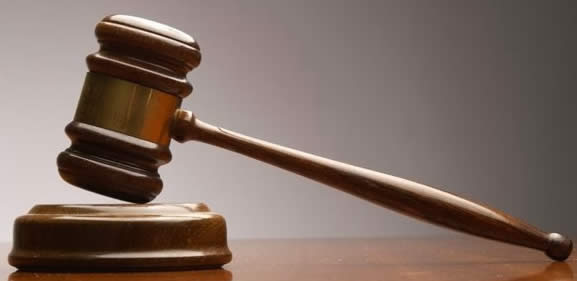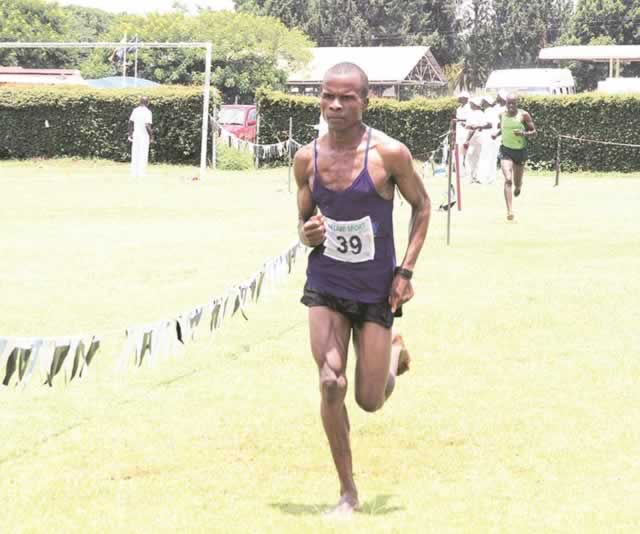Editorial Comment: From fear of law to respect for ethics

The Constitutional Court ruled last week that criminal defamation in Zimbabwe was dead. It ruled that Section 96 of the Criminal Law was void from promulgation in 2004 and therefore could not have been validated by the new Constitution enacted in 2013.
That clarification removes any lingering doubt as to whether or not a journalist can be arrested for a crime called “criminal defamation”.
This is a most welcome development in Zimbabwe’s jurisprudence. It does bring out truth that is often distorted by political actors, but at the same time places a huge burden on the conscience of the journalists.
The first point made is that Zimbabwe is a democracy in which the judiciary makes its decisions independent of the wishes of politicians. This is contrary to the claims of those who violate the law and when they are convicted, cry foul about lack impartiality in the judiciary. When they are found not guilty they still complain that the accusation was politically-motivated, as if the police are a court of law.
The ruling by the Constitutional Court upholds the right of Zimbabweans to freedom of speech, freedom of expression, freedom of the press and the right to receive, to access and to impart information. All these rights are enshrined in the Constitution. They are rights which cannot be taken away or withdrawn at the whim of politicians or Government. It is the duty of every Zimbabwean to ensure they are protected and preserved.
But, as we have indicated, freedom comes with responsibility. Freedom of the media cannot be exercised in a vacuum. It can only be enjoyed within the larger society.
The ruling by the courts even before the latest clarification by the Constitutional Court last week, indicated criminal defamation was a bad law. Journalists practised their profession in fear as this “void” law hung over their heads like the Sword of Damocles.
What the latest Constitutional Court clarification does is to replace the external fear, the legal fear, with an internal fear or responsibility. We have made a critical transition from fear of the law to fear of conscience.
Lawyers have always argued against criminal defamation by pointing out that there are other remedies in the civil courts for individuals who feel they have been defamed.
Zimbabwe has also tried to use a hybrid of statutory instruments and voluntary self-regulation. Ordinarily these should ensure we are all protected from gratuitous abuse by the media.
But that is not always the case. That is why we want to labour the point about the fear of conscience being superior to the fear of the law.
First, Zimbabweans are not a very litigious society. Journalists have taken advantage of this to make scurrilous attacks on individuals in the name of freedom of expression. This has the effect of ruining reputations and careers. By the time an apology comes, if it does, serious harm has already been inflicted.
In any case, few people take an apology by a newspaper seriously. It is viewed more as a way to avoid a legal suit, and therefore is more for court records than repairing a damaged reputation.
Second, most members of our society are too poor to even contemplate mounting a court case against a newspaper.
This lack of resources is compounded by a fear of lawyers. That means we have a huge section of society which is vulnerable to abuse without recourse to justice. A number of NGOs have stepped in to fill this gap in the past few years. But most such NGOs are political creatures and their attention is invariably on party activists.
That leaves out many Zimbabweans who are not party activists but are open to media abuse.
Third, the Constitutional Court clarification on criminal defamation places a major onus on institutions such as the Voluntary Media Council of Zimbabwe. To what extent are they able to rein in their membership?
Too often they have come out compromised when they have defended their members who were clearly in breach of the law, especially on falsehoods. It is one thing to get facts wrong and another to lie and refuse to retract or apologise.
That’s clearly against journalistic ethics and we hope the Constitutional Court’s clarification on criminal defamation doesn’t open floodgates to criminal defilement of the journalism profession.









Comments